Cows are calving everywhere at this time of year on suckler farms. Many of these go off uneventfully. However, some can cause problems.
At a recent call to a cow calving, the farmer said that there seemed to be a small calf, but that he could not get the head to enter the cow’s birth canal.
Despite much effort on my behalf, this also transpired to be a problem when trying to correct the calf’s presentation.
After some time trying to correct the calf’s presentation, I decided to carry out a caesarean section.
When the calf was delivered he turned out to have a deformed neck and deformed limbs.
Schmallenberg virus has been the cause of many such cases of deformed calves and lambs on Irish farms.
Schmallenberg virus is transmitted by midges which carry the virus and infect animals by transmitting the virus when feeding on them.
Acute infection by the virus can cause a range of vague symptoms, including fever, inappetence and milk drop.
Infection of pregnant cows or ewes can result in loss of the pregnancy or the development of deformed calves or lambs.
Deformities often include bent limbs and stiff necks.
Usually the affected animals die before or soon after birth. However, sometimes they can live with the deformities.
Affected calves or lambs may be blind and hold their necks abnormally, have difficulty suckling or have an uncoordinated walk.
The disease can be confirmed by the use of laboratory tests on the calf or lamb and the mother.
There is no treatment for the disease once the animal is infected.
Prevention is based on vaccination of cows and ewes before they become pregnant.
Due to the nature of the disease, the fact that Schmallenberg was present in a herd this year does not mean that all animals will have come in contact with the disease and developed immunity.
Therefore, the use of vaccination is worth considering as an insurance policy against a potentially disastrous disease.
John Gilmore is a practicing vet and Managing Director of FarmLab Diagnostics, an animal health testing laboratory. www.farmlab.ie.




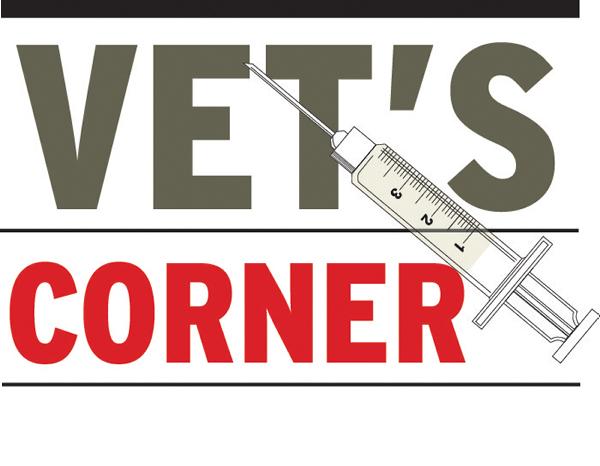
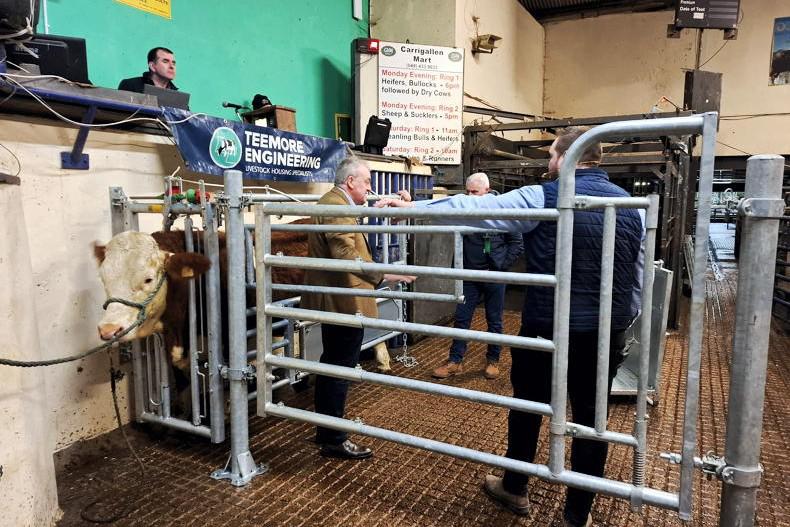
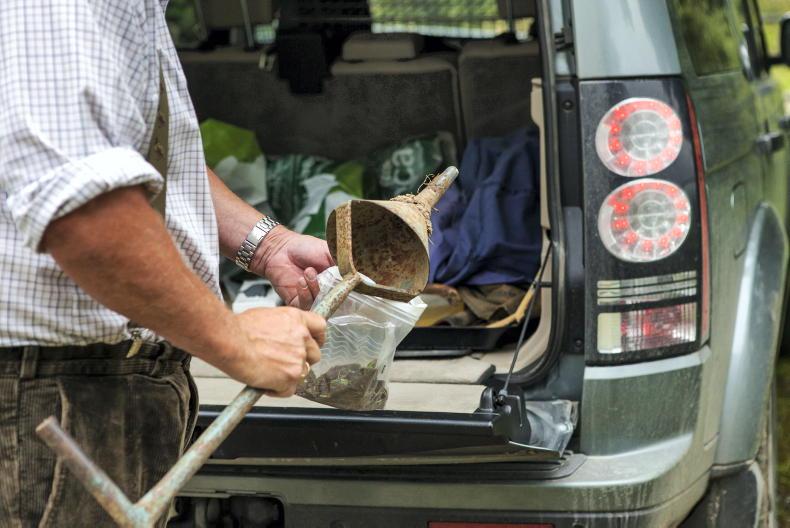
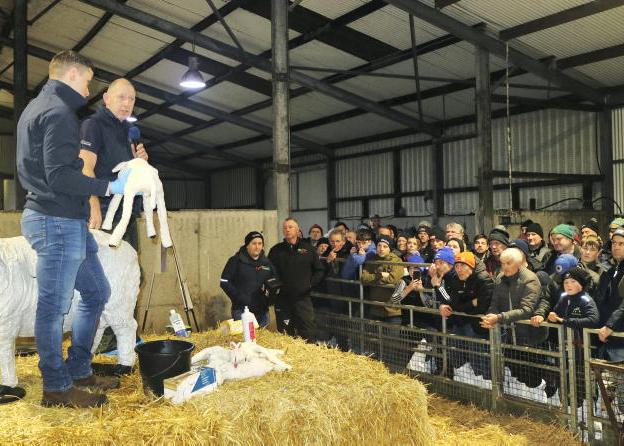
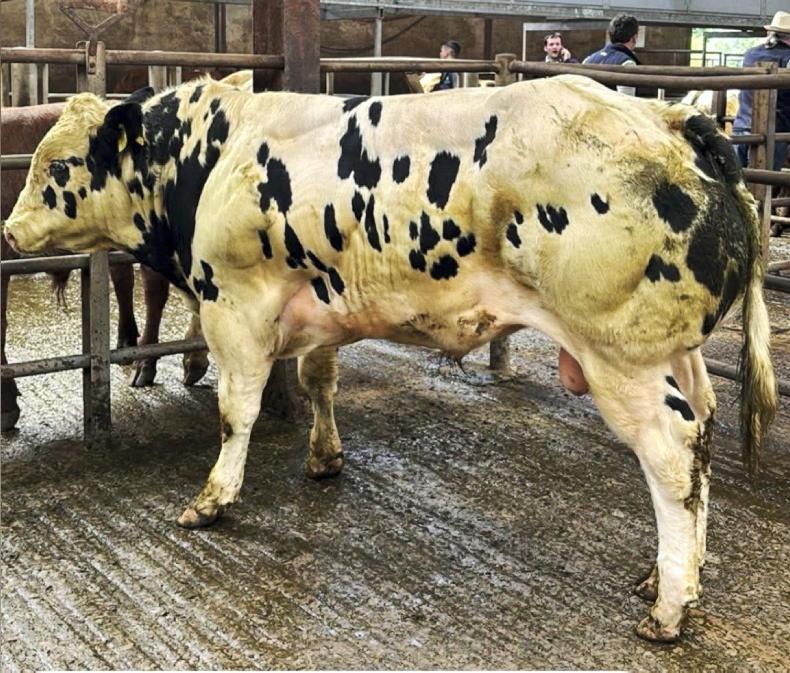
SHARING OPTIONS